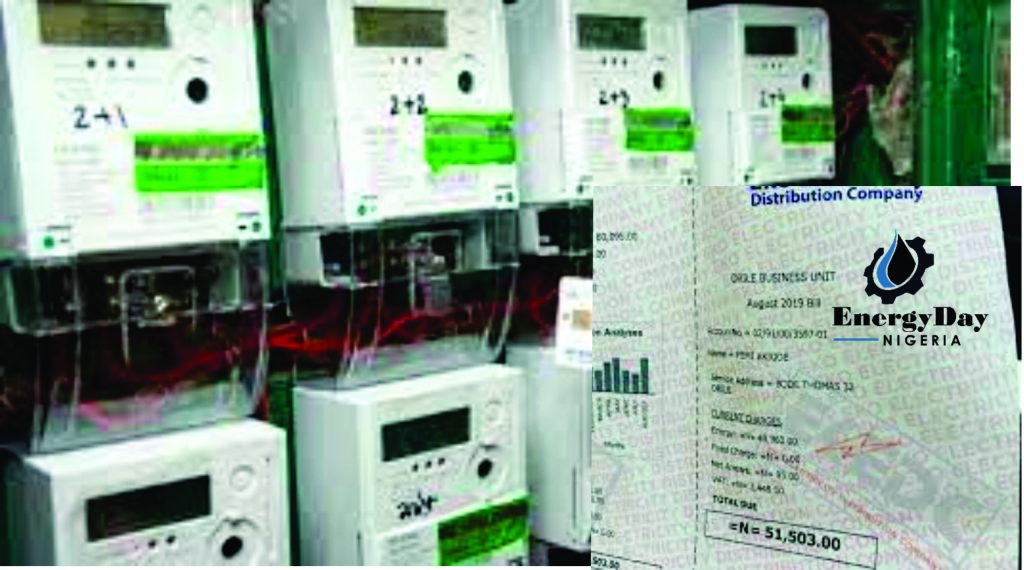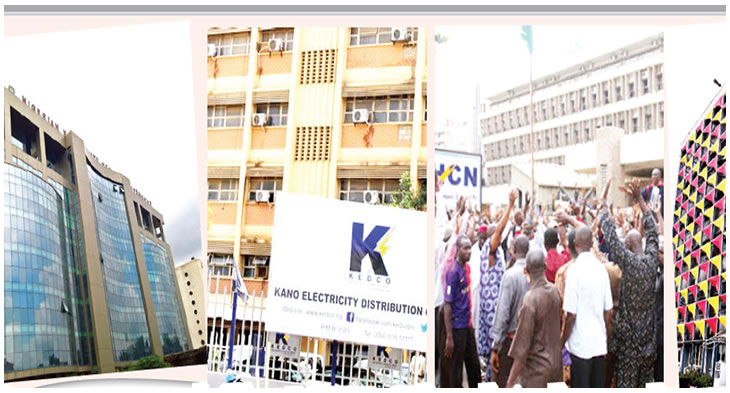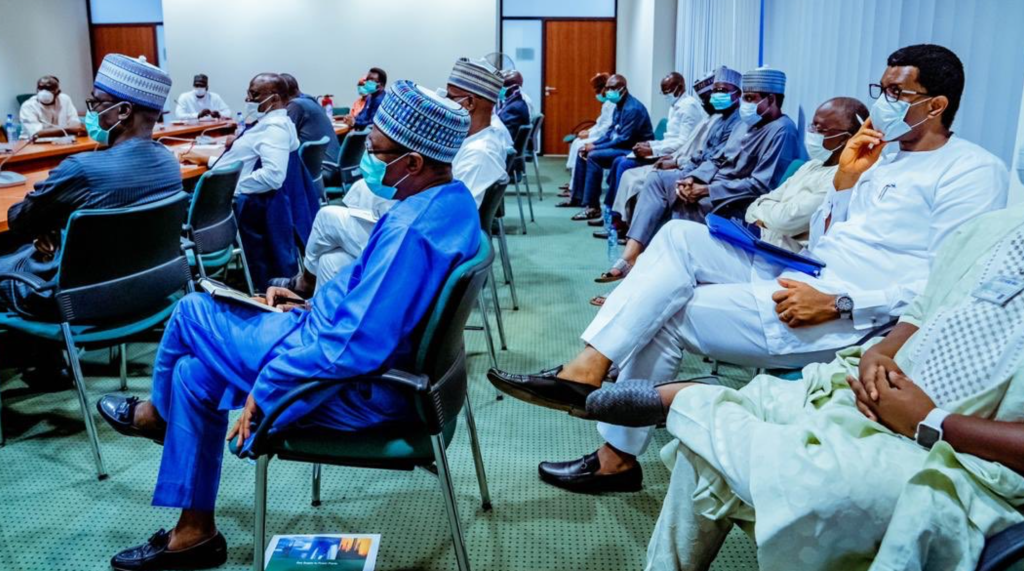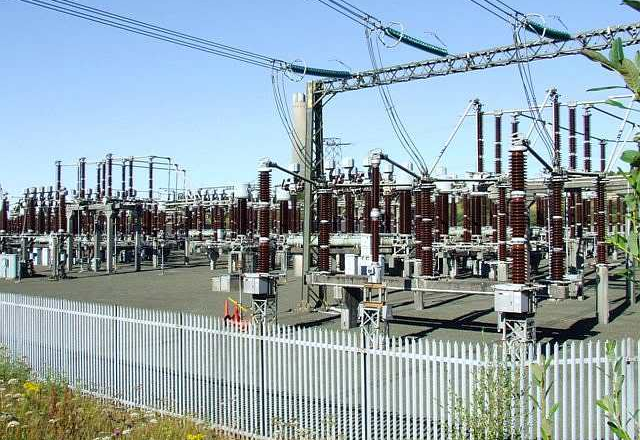In Nigeria, the sparks are flying once again over the question of electricity subsidies as power distribution companies (DISCOs) seek a tariff review, sparking a broader debate on the necessity of subsidies in the power sector.
The Costly Subsidy:

With the government’s spending on electricity subsidies soaring over N2.8 trillion, the weight of this financial burden has become a focal point in the ongoing discourse. A report by the Nigerian Electricity Regulatory Commission (NERC) in July unveiled that past tariff increments by DISCOs had prevented the government from shouldering an additional N1 trillion in annual subsidies to power companies.
NERC’s Insights:
According to the July 2023 NERC report titled ‘Overview of the Nigeria Electricity Supply Industry,’ tariff adjustments from 2019 played a pivotal role in transitioning from a 55% to a 94% cost recovery rate by January 2023. Without these adjustments, the government’s annual subsidy would have ballooned to approximately N1 trillion by 2023.

Reducing the Burden:
The NERC report underscored the impact of the Service-Based Tariff scheme, noting a reduction in annual subsidies from N528 billion in 2019 to N144 billion in 2022. The scheme has played a significant role in curbing subsidy costs, helping to alleviate the financial strain on the government in the face of rising electricity consumption.
DISCOs’ Pleas:
As of mid-year, 11 power distribution companies in Nigeria sought a tariff review due to inflationary pressures impacting their operations. However, a proposed tariff increase, scheduled for July 1, 2023, faced backlash and was later retracted by the DISCOs following public criticism.
Consumer Concerns:
Electricity consumers, however, remain wary of tariff hikes. Adetayo Adegbemle, Executive Director at PowerUp Initiatives for Electricity Rights, argued on a News Central TV Breakfast Show that it’s time for the Federal Government to end all forms of subsidy on energy. Consumers argue that they aren’t paying the true cost of power and are resistant to any tariff increases, especially after the removal of subsidies on Premium Motor Spirit (petrol) in May.

As Nigeria grapples with economic realities and consumer sentiments, the debate over electricity subsidies intensifies. The government faces the challenging task of striking a balance between ensuring the financial viability of the power sector and addressing the concerns of consumers who have become accustomed to subsidized energy. The coming months are likely to witness continued deliberations, shedding light on the future of subsidies in Nigeria’s power landscape.
- Tags: dicos, electricity, NERC, power, subsidy





